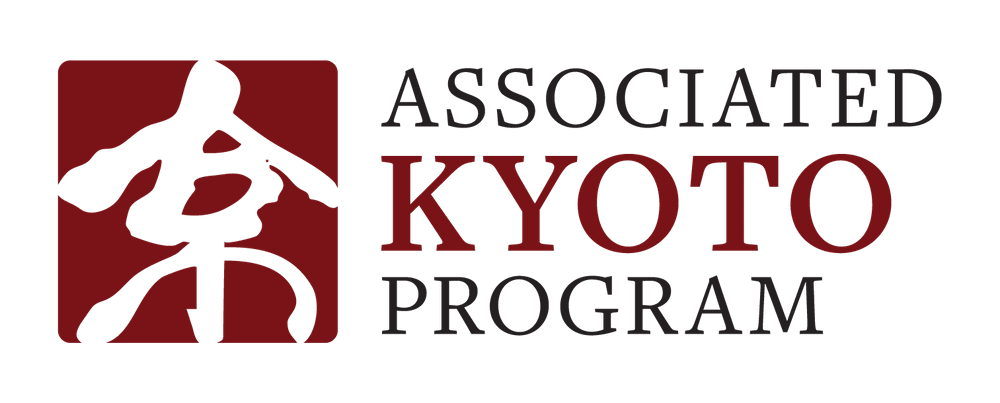You’re used to the challenging academic standards and probing critical thinking that characterize a liberal arts education. And you’ll find that abroad with AKP. AKP mirrors its thirteen consortium institutions in disciplinary diversity and commitment to excellence among its courses. Thanks to the Visiting Faculty Fellows program, AKP recruits some of the finest professors from the consortium, allowing you to take classes that will foster a deeper understanding of Japan’s long and complex cultural history.
AKP students will take up to two elective courses per semester during the afternoons. The credit amount for each course will be equal to one standard semester-long course in the US.
In addition to the AKP elective courses listed below, AKP students may cross-register for elective courses offered by the Kyoto Consortium for Japanese Studies (KCJS), also housed at Doshisha University. Courses taken at KCJS will receive the same credit as AKP electives and will appear on your AKP grade report. Limits or restrictions on cross-registration may apply depending on the particular course. For information about KCJS electives, see their elective course page. For more information about cross-registration, please contact the AKP US Office.

